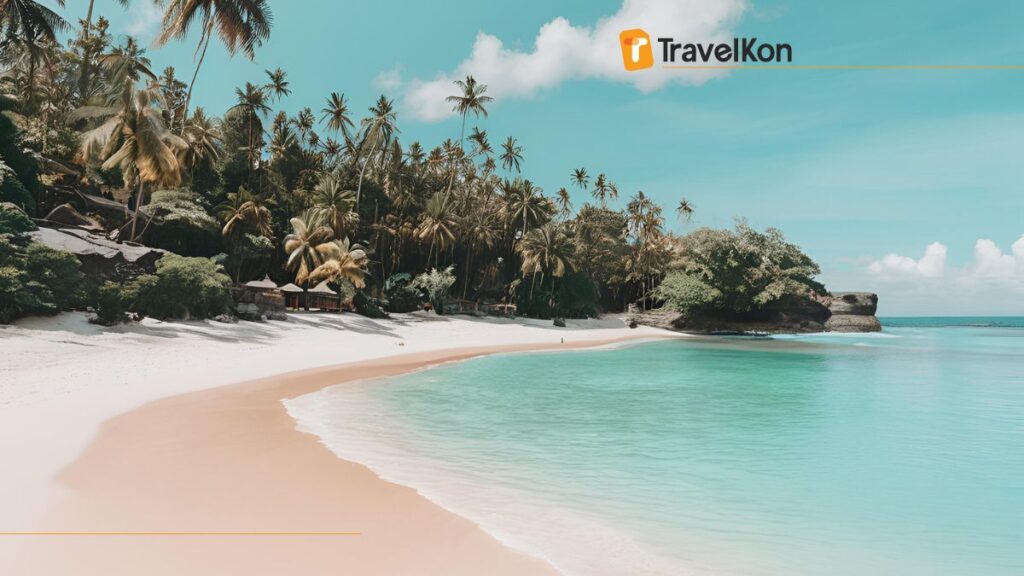Indonesia Travel Advisory for Aussies, known for its stunning landscapes, rich culture, and warm hospitality. However, it is crucial for travelers to stay informed about travel advisories to ensure their safety and health during their visit.
This article will highlight essential advisory points specifically for Australian tourists traveling to Indonesia, providing valuable insights that can enhance their travel experience and help them navigate the local environment safely.

General Safety Precautions
When traveling in Indonesia, general safety practices are crucial for ensuring a secure experience. Tourists should remain aware of their surroundings and keep an eye on their personal belongings throughout their journey. This vigilance helps prevent theft and other potential risks, allowing travelers to fully enjoy their trip while minimizing incidents. It’s advisable to stay in well-populated areas, especially at night, and to be cautious when engaging in activities that may compromise safety.
Health and Vaccination Recommendations
Before traveling to Indonesia, it is essential to be aware of health and vaccination recommendations. Recommended vaccinations include Hepatitis A, Typhoid, and Malaria prevention—especially if visiting rural areas. Travelers should consult their healthcare provider to ensure they are adequately vaccinated. Additionally, securing travel insurance that covers medical emergencies is vital, as it can provide peace of mind and assistance in case of unexpected health issues during the trip.
Local Laws and Customs
Understanding local laws and customs is critical for any traveler in Indonesia. Respecting these practices fosters good relationships with locals and enhances the travel experience. Key customs include adhering to dress codes in religious sites, such as temples, where modest attire is expected. It is also important to be mindful of personal behavior, as showing respect and politeness aligns with cultural norms and is appreciated by the Indonesian people.
Natural Disasters
Indonesia is located in a seismically active region, making it susceptible to natural disasters such as earthquakes and volcanic eruptions. Travelers should stay informed about their location’s risks and monitor local news for updates. It’s important to familiarize oneself with evacuation procedures and emergency protocols specific to their area, ensuring preparedness in case of an unforeseen event.
Transportation Safety
Common transportation options in Indonesia include ride-sharing apps, such as Grab and Gojek, and public transport systems like buses and trains. These options can be convenient and affordable. However, travelers should prioritize safety when taking taxis or renting motorbikes; opting for established services, verifying driver identification, and wearing helmets on motorbikes can enhance safety during transit.
Currency and Scams
The local currency in Indonesia is the Indonesian Rupiah (IDR). Travelers are advised to exchange currency at authorized exchange offices or banks for better rates. While exploring, it’s essential to be aware of common scams, such as inflated taxi fares or counterfeit currency. Keeping small denominations for payments and always confirming prices beforehand can help mitigate risks.
Drinking Water Safety
For health and safety, it is recommended to avoid drinking tap water in Indonesia. Instead, tourists should use bottled or boiled water to stay hydrated. Maintaining good hygiene practices, like frequent handwashing and consuming well-cooked food, is crucial for preventing food and waterborne illnesses during the trip.
Emergency Contacts
Having vital emergency contacts saved on your phone can be incredibly helpful during your travels. Important contacts include local police (110), hospitals, and the Australian embassy in Indonesia. In case of emergencies, knowing where to seek help is essential, so travelers should familiarize themselves with these numbers before departure.
Political Situation and Protests
Indonesia has a diverse political landscape, which may occasionally lead to protests or civil unrest. Travelers are advised to avoid large crowds and to stay informed about political developments through reputable sources. Knowing the current political climate helps ensure personal safety and allows for adjustments in plans if necessary.
Social Media and Online Safety
In today’s digital age, being mindful of social media sensitivity and personal privacy while traveling is important. Travelers should exercise caution when sharing personal information or travel plans online, as it can pose security risks. Protecting one’s privacy not only enhances safety but also prevents potential inconvenience during the journey.
In conclusion, the travel advisory for Australian tourists visiting Indonesia is crucial for ensuring safety and enhancing the overall travel experience. By staying informed about health, cultural customs, and safety precautions, travelers can navigate the vibrant landscapes of Indonesia with confidence.
Preparation is key to enjoying this beautiful archipelago, so tourists are encouraged to heed these recommendations for a safe and memorable adventure in Indonesia.



